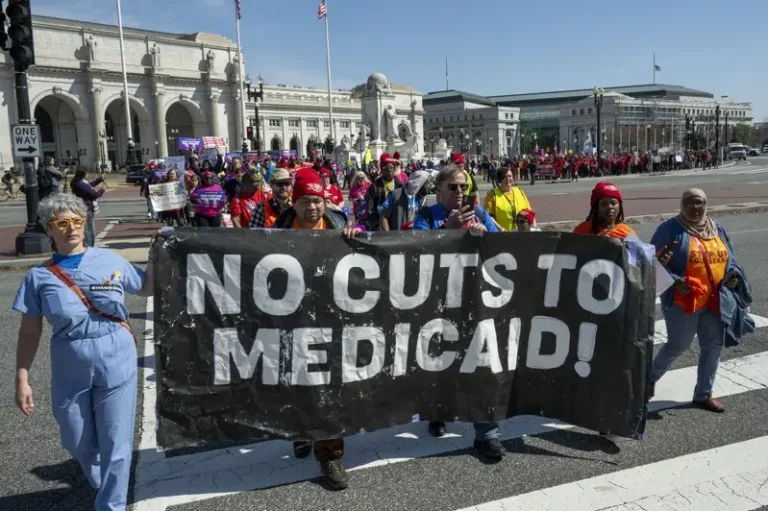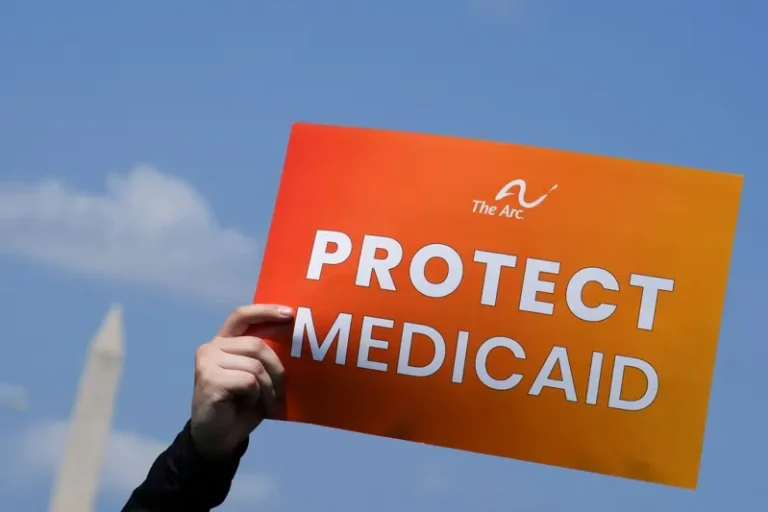
The New York Times analyzed on the 26th that President Trump made a political bet in the Big, Beautiful Act, predicting that Republican working-class voters who are increasingly dependent on Medicaid and food stamps will support cutting social safety net benefits and will not rebound; President Trump has been confident that he can continue to be loved by low-income voters since his second term in office, even if he cuts the social safety net programs that low-income groups rely on.
The Big, Beautiful Act passed by the House of Representatives cuts hundreds of billions of food subsidy funds, and nearly 11 million people will lose Medicaid insurance. The budget saved can save taxes for the rich, and the national debt will increase by trillions. The version that the Senate Republican Group is promoting aims to further reduce the budget of the federal Medicaid program, commonly known as Medicaid, and the Supplemental Nutrition Assistance Program (SNAP), commonly known as “food stamps”, will be cut to a smaller extent.
The report pointed out that in the past, the majority of social welfare programs cared for the poor, and conservatives criticized it as a means for the Democratic Party to give alms to minorities in urban areas. But now the income class that relies on social welfare programs has expanded to include working families, and working-class voters are now the target of the Republican Party.
Over the past 20 years, the number of participants in the Medicaid program and the food stamp program has almost doubled. The Affordable Care Act, commonly known as Obamacare, was implemented in 2010 to provide subsidies to families with incomes exceeding 400% of the federal poverty line. The threshold for expanding subsidies during the epidemic was more relaxed, but the subsidy period expires this year.
Some Republicans are worried that cutting benefits may trigger a backlash from the blue-collar class. Tony Fabrizio, a Republican pollster who was responsible for polling for the Trump campaign, warned that voters have “no appetite” for cutting the Medicaid program.
Republican Senator Josh Hawley of Missouri said that cutting 800 billion in the Medicaid program budget is “morally wrong” and “political suicide.” Republican Senator Thom Tillis of North Carolina also said that the result of cutting welfare will lead voters to teach the Republicans a lesson.
The Democratic camp hopes that the backlash from Republican voters will allow the Democratic Party to regain the majority position in the House of Representatives and play a check and balance role on Trump’s power. Political scientists say that in the context of the polarized political environment, whether the cuts in welfare will lead to voter dissatisfaction and whether voters will blame the Republicans are unknown.







